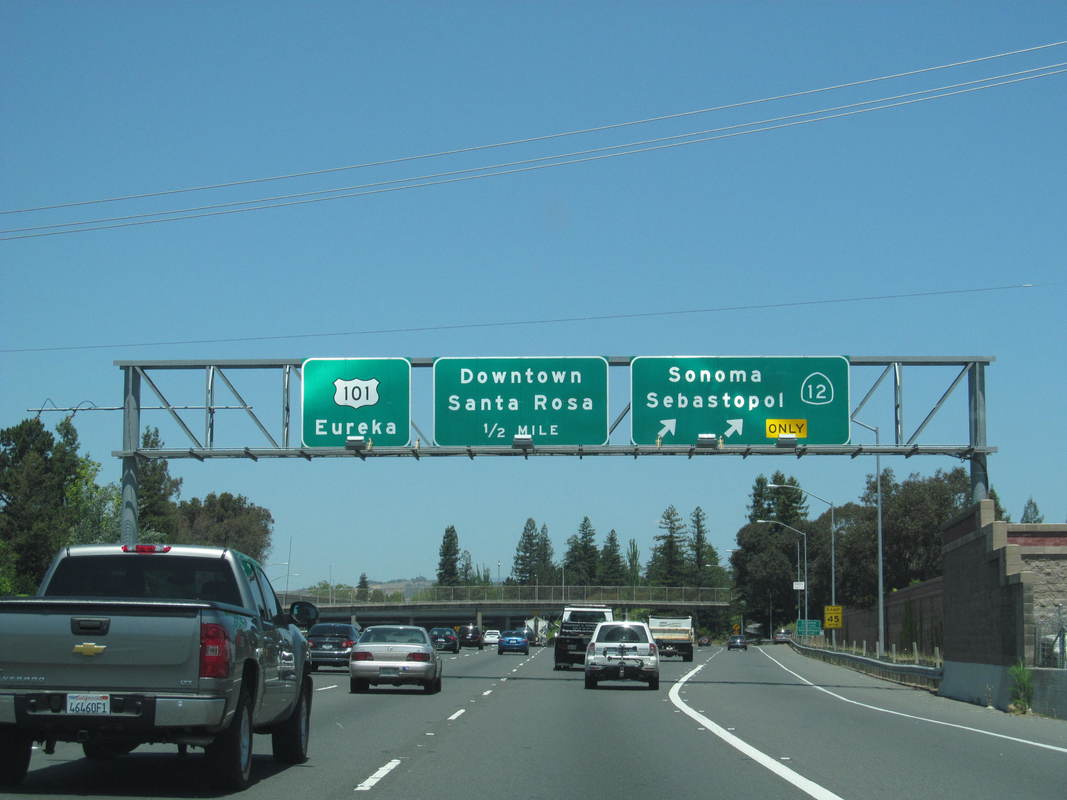|
Misconception #1: You can't be charged with a DUI if you haven’t had anything to drink
When most of us think of about being "DUI," we think of alcohol. However, it is also a crime to drive a vehicle under the influence of any drug (be it illegal, prescription, over-the-counter or a combination of prescription and illicit drugs,) that impairs your ability to safety operate that vehicle. it’s also a crime to drive a vehicle when you are not normal, mentally or physically, due to drugs in your system, regardless of whether they are . Misconception #2: If you're under the influence of alcohol, you can avoid getting a DUI by riding your bike ...or a horse ...or a golf cart ...or a boat California punishes the act of being under the influence while operating any of those modes of transport. Misconception #3: You can just "feel" whether you're over the legal limit or not I hear this one all the time from clients: "I thought I was okay to drive." The reality is that the studies have shown that we are all poor judges of our own level of intoxication. While you may have a good tolerance for alcohol, meaning that your performance may not be as affected as a person with a lower tolerance, you can still be prosecuted for a DUI based on your blood alcohol level. Misconception #4: You have to take the Field Sobriety Tests (FSTs) The law does not require you to take these tests, and in fact, most attorneys will tell their clients NOT to take them. Why? Because the tests can be difficult for ever a sober person to perform, and when you're under the added stress of being stopped by law enforcement, the chances of doing well is small. These FSTs include taking a breath test before you are placed under arrest. That said, here in California, must take a chemical test after arrest or your driver's line will be suspended for a year. Misconception #5: (On that same note) you have to answer the officers questions With the exception of identifying yourself, and providing your license, registration and proof of insurance, you do NOT have to answer any of the officer's questions. Why? Because you have the right against self-incrimination. So what should you say then? Any of the following will work:
Misconception #6: If you refuse to give a chemical sample, the police will not be able to determine what your BAC is, and therefore you cannot be convicted of a DUI While you have the right to refuse to give a chemical sample (but be forewarned, the DMV will suspend your license for a year if you had been lawfully arrested at the time of your refusal,) if you are arrested for a DUI the police can and will apply for a warrant to take your blood. If they can make a case to the judge on-call that there is probable cause to suspect you of a DUI, the judge will grant the warrant, and your blood will be (forcibly, if need be,) collected. Misconception #7: A driver has no way to check the validity of the test results If you are arrested for a DUI, you will have the choice between a breath or blood sample, and the officer is required to inform you that if you choose the breath test, a sample of your breath will not be preserved for retesting. However, if you choose to have a blood test, your attorney can arrange to have the blood retested. Your attorney can also request the accuracy and maintenance records of whatever device tested your breath/blood so that we can make sure the testing device was working properly. Misconception #8: Because the officer didn't read you your Miranda rights, you can't be arrested The Miranda decision only protects defendants from their post-arrest statements being used against them. Two conclusions can be drawn from this. First, Miranda is not required to be read when you are simply pulled over and the officer is conducting his investigation. Second, as long as there is other evidence of your DUI offense (bad driving, chemical test results, FST results, etc.) you can be successfully prosecuted for a DUI. Misconception #9: Your driver's license will not be suspended until after you've been convicted In California, you have only 10 days after an arrest for a DUI to notify he DMV that you want a hearing to determine if the DMV can suspend your license; if you fail to contact them before that deadline, the DMV will suspend your license automatically. Worse, if you are later convicted of the DUI, the court will restart the suspension period. Misconception #10: If you are ordered to install an Ignition Interlock Device (IID) on your vehicle after a DUI, you can get around this requirement by driving someone else's car. In California, if you are ordered to install and maintain an IID, you cannot operate ANY vehicle that does not have one. |
AuthorDevina strives to make information relevant to the lives of her clients easily accessible. Archives
July 2024
Categories
All
|
Proudly serving Sonoma, Marin, Napa, Mendocino and Lake Counties (and occasionally venturing as far as Yolo, Santa Clara and San Mateo Counties).
Proudly powered by Weebly
This website is for informational purposes only and does not provide legal advice. Do not act or refrain from acting based on anything you read on this site. Using this site or communicating with the Law Office of Devina Douglas through this site does not form an attorney/client relationship. This site is legal advertising. Please review the full disclaimer for more information. (LINK TO FULL DISCLAIMER PAGE)

 RSS Feed
RSS Feed




